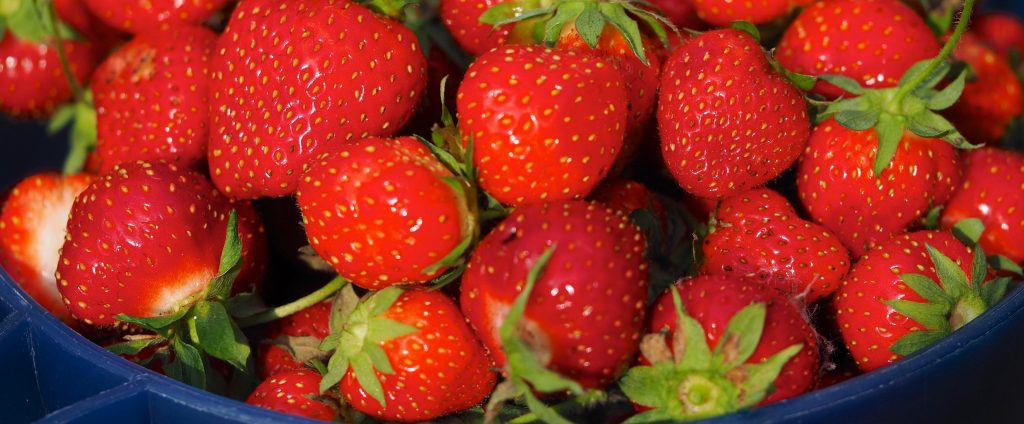Biotechnology, especially genetic modification has been one of the most controversial technologies in agriculture. The controversy stems from a lot of misunderstanding around the technology and a host of common myths.

Let’s look at some of these common myths and the truth to help everyone get a clear view of the technology
- GM Crops are unhealthy
If this were true, why would over 19 developing countries adopt biotech crops to meet their growing nutritional and income needs? There is no documented proof that biotech crops pose a threat to human or animal health. Hence, at this point, these allegations are only speculations. Infact, biotech varieties such as Golden Rice and Bt corn have demonstrated nutritional success. Golden rice, a variety developed with more Beta carotene as compared to traditional rice, is a solution in the developing countries where vitamin A deficiency is common. It can alone provide 30 to 50% of the estimated average requirement of Vitamin A in pregnant mothers and young children, and help address 57-99% of vitamin A requirements in preschool children in The Philippines and 89%-113% requirements in Bangladesh.
- GM crops harm the environment
An article in World Economic Forum mentions that Insect-resistant Bt crops have markedly reduced pesticide use. They have led to roughly 443 million kilograms less pesticide (active ingredient) between 1996 and 2010. Hence, biotech crops are in fact, beneficial for the environment, especially for the biodiversity of birds and insects, and less contamination in water as well. ISAAA brief 2017 states that the reduction in carbon emissions due to biotech crops, was equivalent to removing 16.75 million cars from earth! Similarly, herbicide tolerant crops improve the quality of topsoil.
- GM Crops are not tested
One of the surprising myths around GM technology, nay-sayers claim that biotech crops are not tested. Infact, GM technology is one of the most thoroughly tested technology, for scientists acknowledge safety as priority. GMOs are thoroughly tested against strict biosafety protocols for their impact on human and animal health, and environment. Some of these tests and trials are so elaborate that they span across years. Hundreds of scientific papers have been published confirming that GM crops are safe for consumption. In addition, every country’s food administration agencies such as Food and Drug Administration (FDA) in the US, conduct their independent health assessments along with results from field trials. It is important that the consumers let go of this worry.
The fact is that modern methods of crop improvement such as genetic modification are responsible for a significant increase in yield across the world. ISAAA reports conclude that GM crops are the fastest adopted technology in agriculture, with documented increase of ~113-fold since 1996, with an accumulated area of 2.5 billion hectares.
The only solution to this debate is that farmers be given a choice to grow crops and consumers be given a choice to buy their produce.
